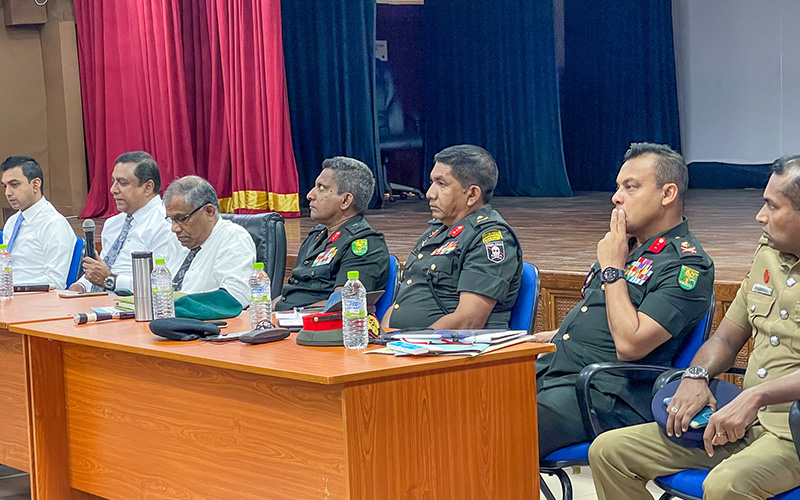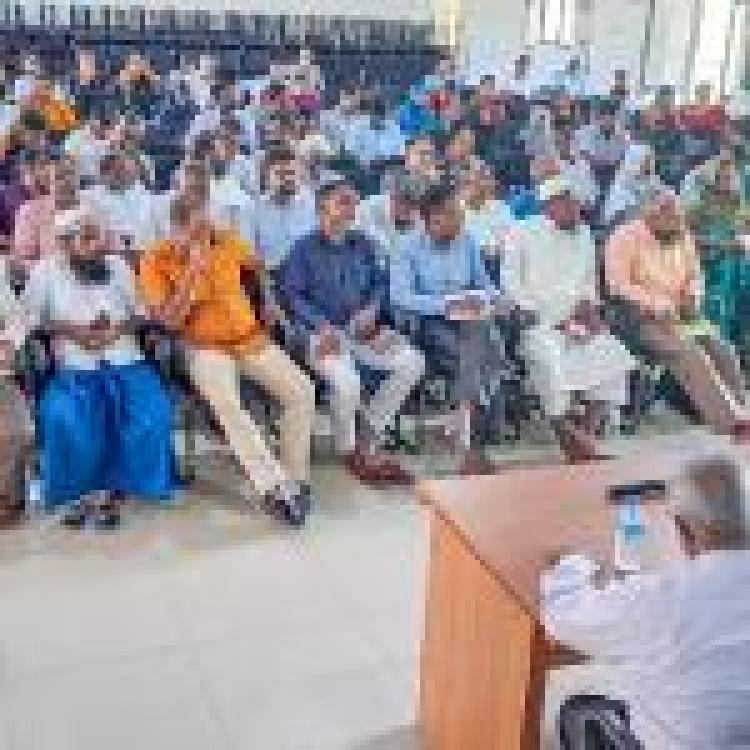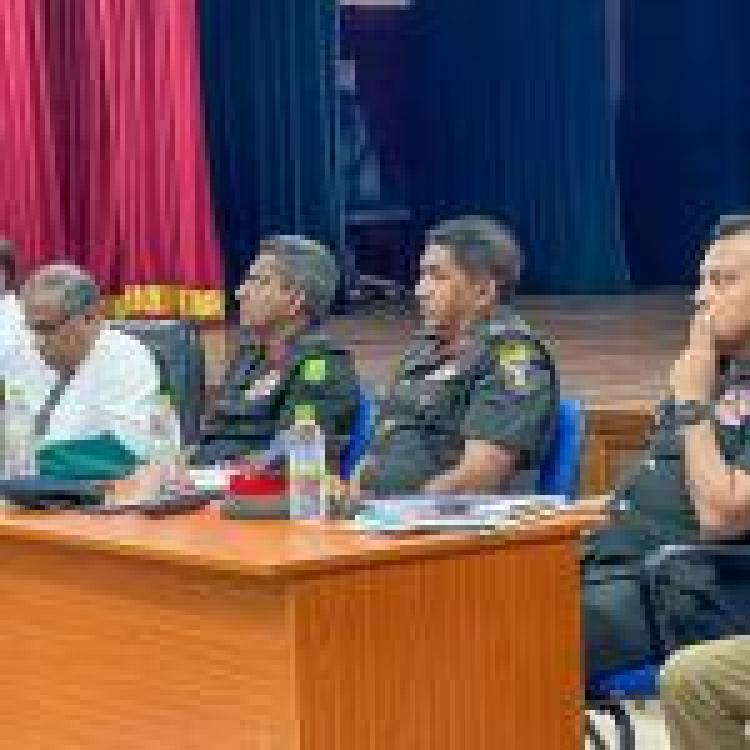
The Director General of the Interim Secretariat for Truth and Reconciliation Mechanism (ISTRM), Dr. Asanga Gunawansa, confirmed that the proposed Commission for Truth, Unity, and Reconciliation (CTUR) would not seek to hold Sri Lanka's military accountable for rights violations, despite widespread evidence of their involvement in war crimes and the genocide of Tamils.
He emphasized that the commission's purpose is not to indict military personnel, in an attempt to reassure Sinhala Buddhist nationalists, who have been vehemently opposed to any accountability mechanism for the decades of atrocities committed by the armed forces.
Gunawansa's assurances in the Island come amidst criticism from Sinhala nationalist groups, including the Sarvajana Balaya, who argue that the bill could potentially implicate military leaders in war crimes. National Freedom Front (NFF) member Wimal Weerawansa also voiced concerns that the bill, if presented close to the presidential elections, could weaken and demoralize the military.
Gunawansa cited clauses in the bill that require evidence to be vetted by the Attorney General’s Department, which has the authority to investigate and prosecute. He reiterated the legal principle that any prosecution must start with a presumption of innocence and that guilt must be proven beyond a reasonable doubt, thus ensuring protection for military personnel under the law.
He also noted that the police and armed forces expressed a desire for a credible mechanism to clear their names, as accusations have reportedly made it difficult for some of their children to obtain visas for overseas travel.
Eelam Tamils have repeatedly rejected the bill, arguing that no mechanism proposed by the Sri Lankan government would provide a fair investigation into war crimes. They have long demanded an independent international mechanism to secure justice for the atrocities committed.
Human Rights Watch (HRW) also criticized the initiative, stating that it does not constitute a serious effort to achieve truth or justice for past international crimes. HRW's 2023 report, "If We Raise Our Voice They Arrest Us" highlighted the lack of consultation with victims, underscoring the widespread mistrust in the government's approach.
The ongoing concerns from Tamils and international human rights organizations reflect deep-seated doubts about the impartiality and effectiveness of domestic mechanisms in addressing the history of atrocities by Sri Lanka.



